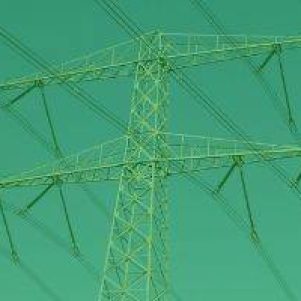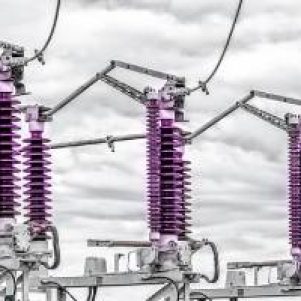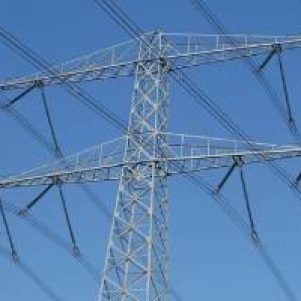Despite the fact that Spain is suffering from negative consequences relating to the new Royal Decree establishing sun tax on solar systems within Spain, and subsequently deterring investments into the renewable energy sector within Spain, this measure is a means to reduce the overall deficit of the county and therefore can be seen in a positive light.
Photovoltaic systems
The past year has shown that the Spanish renewable energy market has been perceived in a negative light due to its decline in investments in solar energy. This decline in solar energy has largely come about due to a major characteristic of the Spanish market, being that 95% of electricity consumption is governed by the Tariff of Last Resort (TUR), which is centrally set by the government. It should be mentioned that the Spanish electricity market has been running into deficit in recent years, known as a tariff deficit, largely as a result of the cost of running the country’s electrical system exceeding the revenues generated by the sales of power. In May 2016, this deficit reached a staggering $34 billion. Earlier this year, Spain proposed a new deficit reduction measure ‘sun tax’ that would increase the price of self-generated solar power, largely based around photovoltaic (PV) technology. This physical phenomenon allows the direct conversion of solar radiation into electric energy.
According to Spain’s Photovoltaic Union (UNEF), the new law requires self-consumption PV system owners to pay the same grid fees that all electricity consumers in Spain pay, plus a so-called ‘sun tax‘.
Regulations
- The new law prohibits PV systems up to 100 kW from selling electricity. Instead, their owners are required to donate the extra electricity to the grid for free
- Systems over 100 kW must register in order to sell electricity in the spot market for the excess power they generate
- For PV systems up to 100 kW, the owner of the installation must be the owner of the contract with the electricity company
- Community ownership is prohibited altogether for all sizes of self-consumption systems
- Permissions need to be obtained before installation takes place. Every grid-connected electricity system needs authorization from its electricity supplier and the Spanish Government.
Fines for breach
The law is retroactive meaning that all existing self-consumption PV installations need to comply with the new regulations otherwise they face an exceptionally high penalty fee of up to €60 million.
Moreover, the fine doubles in the event of a radioactive leak from a nuclear plant.
Exceptions
Installations smaller than 10 kW and all installations in the Canary Islands and the cities of Ceuta and Melilla will be exempted from the second ‘solar tax.’ Furthermore, installations with co-generation will be exempted of the second ‘sun tax’ until 2020 and the Balearic Islands of Mallorca and Minorca will pay a reduced price. Off-grid installations will obviously not pay any grid tax whatsoever.
Moreover, businesses that are high voltage customers will be allowed to turn a profit on their surplus.
Conclusion
To summarize, whilst solar energy appears to be a favourable investment in Spain due to the continuing fall in prices for solar systems, in addition to Spain’s abundant sunshine, which has resulted in many households installing such technologies as a way to produce power more economically, there continues to be a lack of Spanish manufactures of PV cells amongst the top 10 producers worldwide. Furthermore, with the introduction of the so called sun tax on solar installations, a list of regulations for the usage of such solar systems have come into force, enforcing fines of up to 60 million Euros if these regulations are not complied with, thus making solar installations less economically viable within Spain.
However, it should be noted that despite the fact that these negative measures have resulted in solar energy becoming less favourable in Spain, they demonstrate Spain’s dedicated attitude in reducing its deficit and improving economic situations.
Isla Markham & Karl H. Lincke
For further information on photovoltaic systems in Spain,





